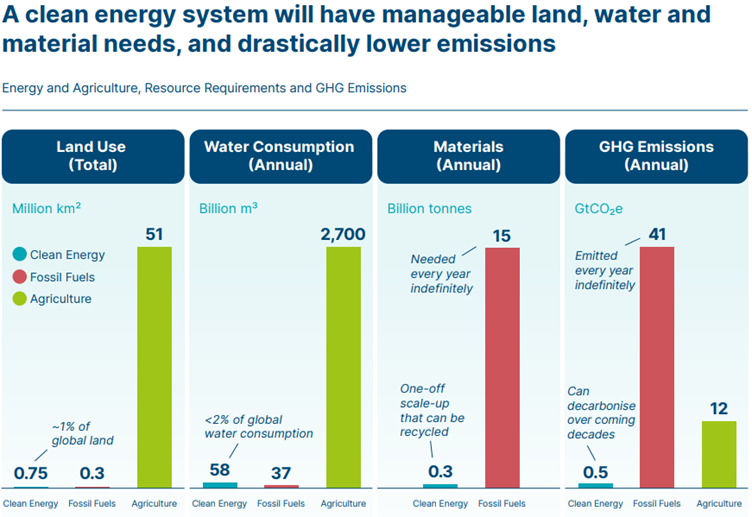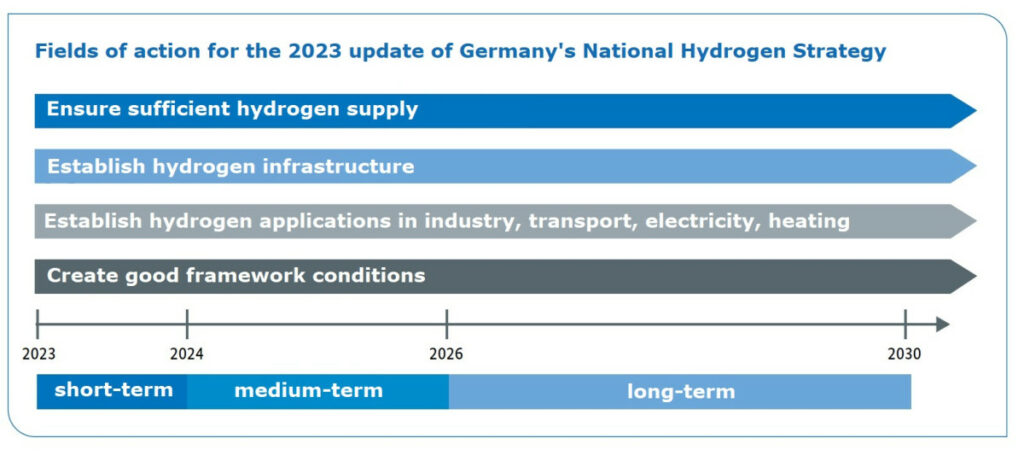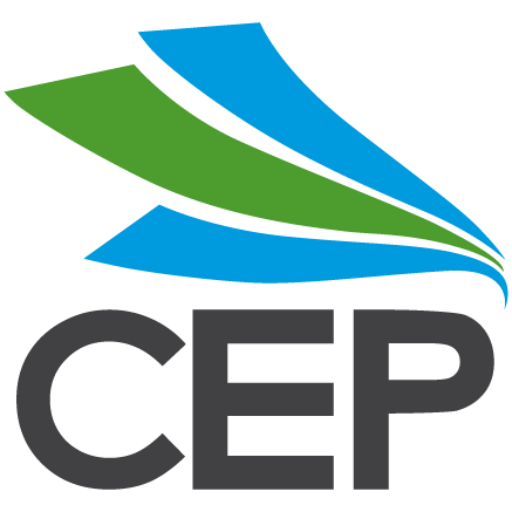Will NZ sign COP28 pledge? The cost of clean energy and $400,000 prize opens
In this issue:
COP28 calls for food systems to be included in NDCs
Food and agriculture systems will be at the heart of COP28 at the end of the year. This week, the Presidency Team called for food and agriculture systems to be included in NDCs and stated they are looking to develop a science-based roadmap to maintain 1.5C for food systems. Attendees have been invited to sign a Leaders’ Declaration on Food Systems, Agriculture and Climate Action. It is yet to be seen how NZ will react to the call and, with an election looming, it will be interesting to see what each of the main parties has to say about it.
The cost of clean energy uncovered
A global clean energy system will require twice as much land and 10% more water than the current fossil-fuel based system, reveals a comprehensive new analysis from the Energy Transitions Commission. But, it’s not all bad news. These figures pale into insignificance when compared with the land and water use required by agriculture meaning only a very minor shift in land use is required to enable the clean energy transition and the ability to untap the benefits of a shift away from fossil fuels. The report also takes a deep dive into the risk of shortages of critical metals for the transition.

Germany forcing hydrogen markets
Germany has relaunched its national hydrogen strategy and is determined to drive an international market for the commodity. It is predicting between 50% and 70% of its demand in 2030 will need to be met by imports and expects that proportion to increase beyond 2030. The strategy includes the development of infrastructure, including port terminals and a pipeline to North Africa.

$400,000 up for grabs
The World Resources Institute Ross Centre for Sustainable Cities has recently launched its latest prize, this time for projects addressing climate change. The competition is open to the private, public and not-for-profit sectors and carries a first prize of US$250,000. Finalists in the last competition came from Colombia, France, Pakistan, India and The Philippines and you can read more about the types of projects that are successful through the link. The competition closes on 26th September, so no time to lose with your application.
Proton battery as a hydrogen storage medium
Rarely does a week go by without the announcement of a new battery technology but this innovation caught our eye this week. Researchers at RMIT in Melbourne have developed a proton battery that removes the need for high-demand metals like lithium. The team claims energy storage per unit mass is comparable with commercially available lithium batteries and is cheap, safe and much easier to recycle. The science behind the battery is the splitting and then reforming of water but without the ordinary storage demands of hydrogen.
